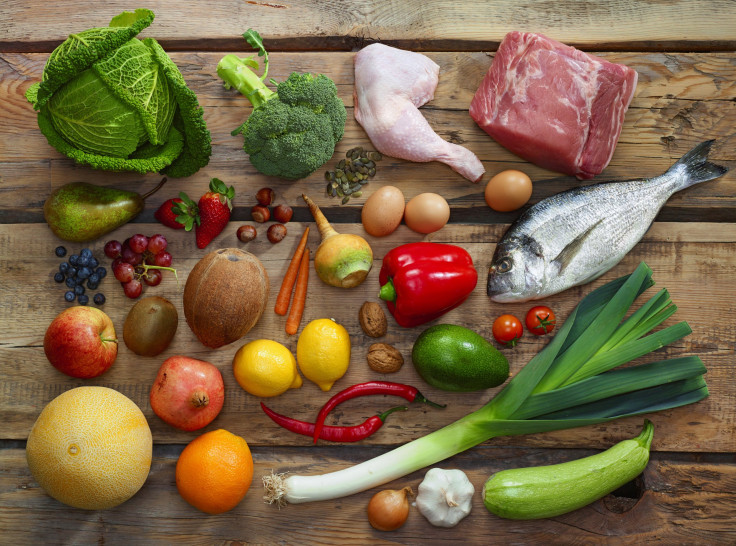Eating Specific Proteins, Carbs May Be More Effective For Weight Management Than Counting Calories

Be specific in choosing the types of proteins and carbohydrates you eat, because these little things might make a big difference in your weight loss or weight gain later on. A new study out of Tufts University claims that making even small changes to the types of meats or breads you eat may have a significant influence on your body over a long period of time; it's often about the combinations of foods you eat, rather than how low-fat they are, that make the difference.
While eating a moderate amount of calories is important to maintaining a healthy weight, diet shouldn’t only be about counting calories. The researchers found, after examining 120,000 men and women in three long-term studies over the course of 16 years, that increasing dietary intake of red meat and processed meat in particular were linked with weight gain. However, consuming higher amounts of yogurt, seafood, skinless chicken, and nuts was associated with weight loss. In fact, the more of these foods people ate, the more weight they lost, which proves that calories aren’t as important as they type of calories you’re eating.
The researchers also found that individuals who ate low-fat dairy products often ate more carbohydrates to compensate for the lower calories in the low-fat foods. Increasing the amount of full-fat cheese and whole milk didn’t make much of a difference on either weight gain or weight loss, which means these things shouldn't always be labelled as "bad."
“The fat content of dairy products did not seem to be important for weight gain,” said Jessica Smith, a visiting scholar at the Freidman School and a research fellow at the Harvard T.H. Chan School of Public Health, in the press release. “In fact, when people consumed more low-fat dairy products, they actually increased their consumption of carbs, which may promote weight gain. This suggests that people compensate, over years, for the lower calories in low-fat dairy by increasing their carb intake.”
The Perfect Combination Of Foods
The study authors also focused on something known as glycemic load (GL), which is the number that estimates how much a certain type of food will raise a person’s blood glucose level. Typically, higher GL is associated with more weight gain, as well as chronic diseases like type 2 diabetes. When people increased their levels of red meat and also GL levels (by eating more empty carbs like white bread), they were more likely to gain weight. However, people who ate red meat in addition to low GL foods like vegetables, reduced some of the weight gain.
Eating high-fat foods like eggs and cheese in combination with low-GL foods actually helped individuals lose weight, too. So it turns out that it’s not always about the calories, or about eating the low-fat foods; instead, it may be about eating the right combinations of food.
“Our study adds to growing new research that counting calories is not the most effective strategy for long-term weight management and prevention,” said Dariush Mozaffarian, senior author of the study, in the press release. “Some foods help prevent weight gain, others make it worse. Most interestingly, the combination of foods seems to make a big difference. Our findings suggest we should not only emphasize specific protein-rich foods like fish, nuts, and yogurt to prevent weight gain, but also focus on avoiding refined grains, starches, and sugars in order to maximize the benefits of these healthful protein-rich foods, create new benefits for other foods like eggs and cheese, and reduce the weight gain associated with meats.”
Source: Smith J, Hou T, Ludwig D, Rimm E, Willett W, Hu F. Changes in intake of protein foods, carbohydrate amount and quality, and long-term weight change: results from 3 prospective cohorts. The American Journal of Clinical Nutrition. 2015.



























